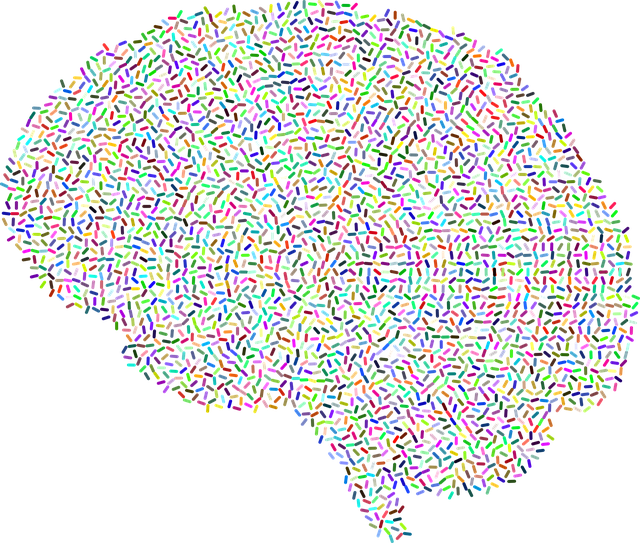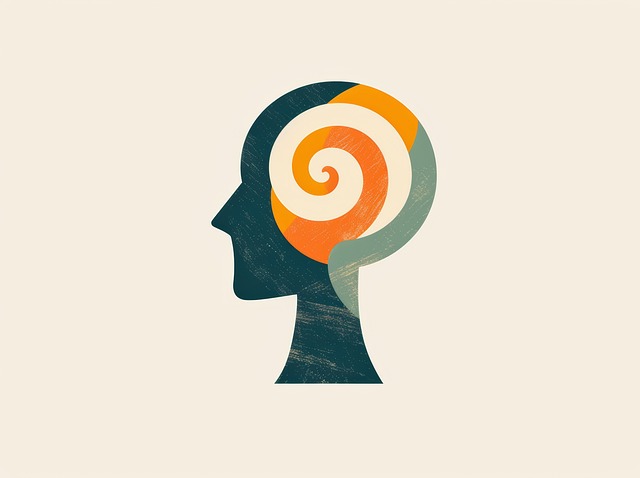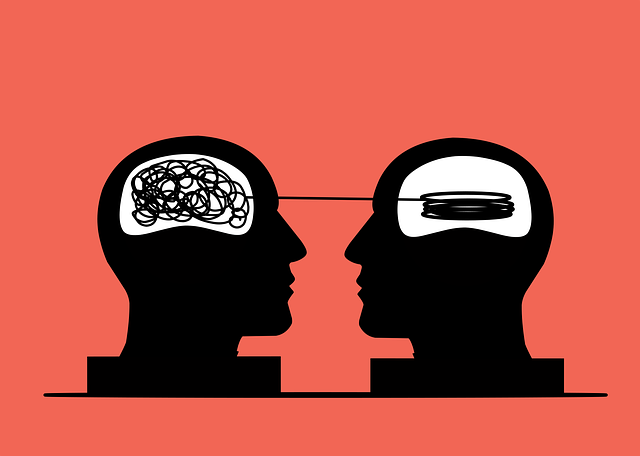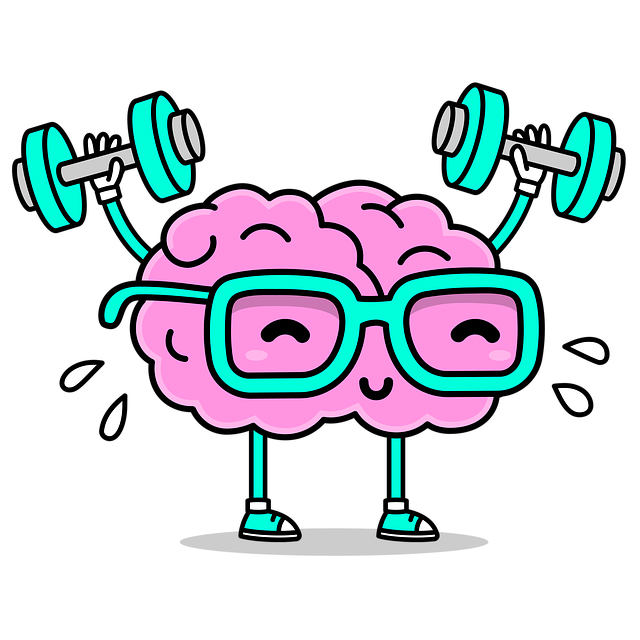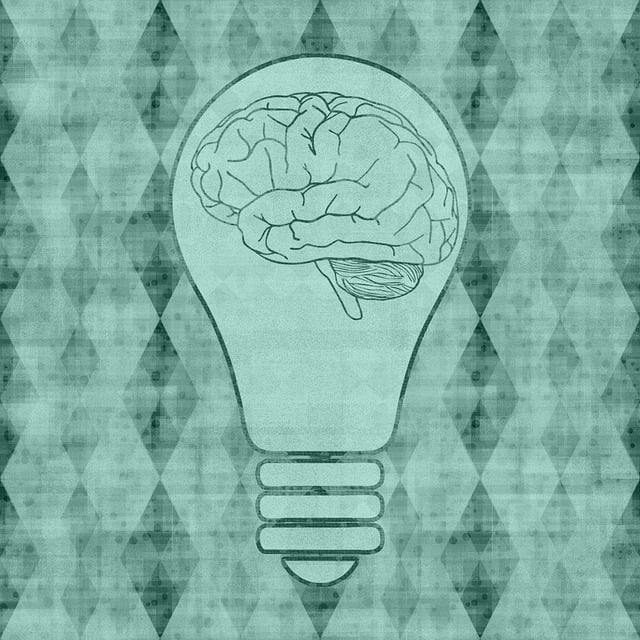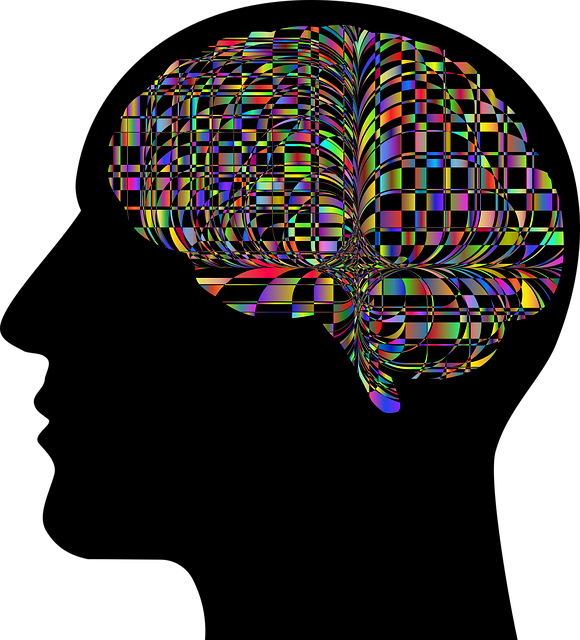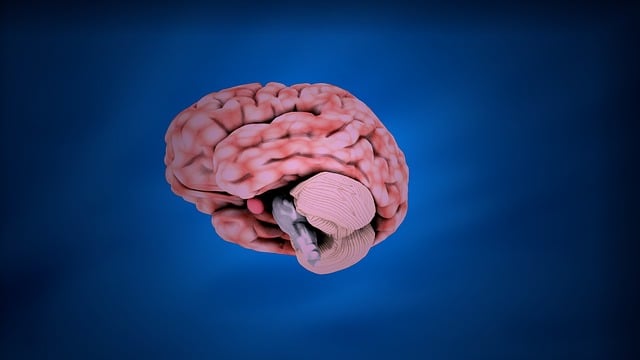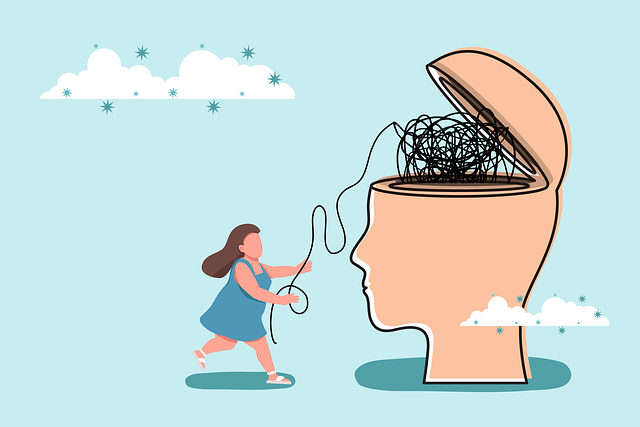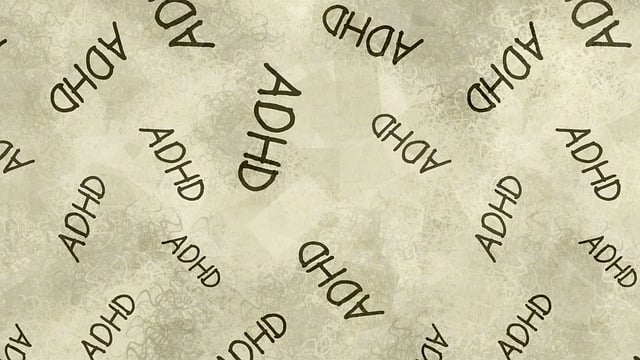Understanding local demographics, cultural nuances, and social issues is crucial for implementing effective community outreach programs, particularly Golden Trauma Therapy (GTT). GTT, along with related practices like Mindfulness Meditation and Conflict Resolution Techniques, offers tailored support for trauma processing and resilience building. By engaging with the community, partnerships with local organizations, and strategic planning, GTT can expand its reach through diverse channels and workshops. Success is measured using evidence-based assessments and qualitative feedback, ensuring long-term sustainability through ongoing training and practices that enhance mental wellness and access to care for underserved populations.
Community outreach programs play a vital role in bringing essential services to those who need them most. This article explores the implementation of Golden Trauma Therapy, a powerful tool for healing and empowerment, within diverse communities. We’ll guide you through each step, from understanding community needs and identifying target groups to designing effective strategies, building partnerships, and measuring success. Discover how this therapeutic approach can be tailored to local contexts, fostering resilience and long-term well-being.
- Understanding Community Needs: Identifying Target Groups for Golden Trauma Therapy
- Designing Effective Outreach Strategies: Tools and Techniques for Success
- Building Partnerships: Collaborating with Local Organizations for Maximum Impact
- Implementing the Program: Logistics, Training, and Community Engagement
- Measuring Success and Long-Term Sustainability: Evaluating the Outcomes and Benefits of Golden Trauma Therapy Programs
Understanding Community Needs: Identifying Target Groups for Golden Trauma Therapy

Understanding Community Needs is a pivotal step before implementing any outreach program, especially when introducing innovative therapeutic approaches like Golden Trauma Therapy. This process involves careful consideration and research to identify specific groups within the community that would greatly benefit from such interventions. By assessing local demographics, cultural nuances, and existing social issues, organizations can tailor their programs to address unique challenges. For instance, youth facing trauma due to community violence might require different strategies compared to seniors dealing with intergenerational trauma or individuals struggling with mental health issues stemming from past conflicts.
Through community engagement and feedback, it becomes possible to pinpoint target groups for Golden Trauma Therapy and related practices such as Mindfulness Meditation, Conflict Resolution Techniques, and Compassion Cultivation. These evidence-based approaches have shown promise in helping individuals process traumatic experiences and build resilience. By recognizing the diverse needs within a community, outreach programs can be designed to offer targeted support, ensuring that those most affected by trauma receive the appropriate care and ultimately foster healing and positive transformation.
Designing Effective Outreach Strategies: Tools and Techniques for Success

Community outreach programs, like Golden Trauma Therapy, thrive on well-designed strategies that connect with target audiences. Effective outreach goes beyond simply sharing information; it involves understanding community needs and leveraging diverse communication channels. Incorporating Mental Wellness Journaling Exercise Guidance as a tool can engage individuals in introspective practices, fostering self-awareness and emotional resilience. This not only complements the program’s goals but also empowers participants to take charge of their mental wellness.
Conflict resolution techniques are another essential component that should be integrated into outreach strategies. By promoting open dialogue and constructive engagement, these techniques can help address underlying social issues and build stronger community bonds. Encouraging positive thinking through targeted messaging and interactive workshops further strengthens the impact of outreach efforts. Ultimately, a holistic approach that combines Positive Thinking with practical tools like Conflict Resolution Techniques ensures community outreach programs remain relevant, impactful, and aligned with the evolving needs of participants.
Building Partnerships: Collaborating with Local Organizations for Maximum Impact

Building strong partnerships with local organizations is key to maximizing the impact of community outreach programs, such as those offered by Golden Trauma Therapy. By collaborating with schools, community centers, and other non-profit groups, Golden Trauma Therapy can expand its reach and cater to a wider range of individuals in need. This strategic alliance allows for shared resources, expertise, and knowledge, enhancing the overall effectiveness of mental health initiatives.
For instance, partnering with local schools enables the production of a Mental Wellness Podcast Series that addresses adolescent anxiety and promotes emotional intelligence. Similarly, collaborations with community centers facilitate confidence-boosting workshops tailored to diverse populations. Such partnerships not only amplify the impact of outreach programs but also foster a more supportive and connected community, ultimately contributing to improved mental wellness for all.
Implementing the Program: Logistics, Training, and Community Engagement

Implementing a community outreach program like Golden Trauma Therapy requires meticulous planning and execution. The logistics involve identifying target communities, setting up accessible locations, and scheduling sessions that cater to diverse schedules. This includes coordinating with local authorities, schools, and community centers to ensure maximum participation.
Training is another critical aspect. Therapists and volunteers must be equipped with the necessary skills to conduct effective sessions, whether it’s facilitating group discussions, providing individual counseling, or conducting Social Skills Training. Ongoing training ensures they stay updated on best practices and can handle various issues, including depression prevention. Public Awareness Campaigns Development can also be integrated into these sessions, educating participants about mental health and resources available in their area.
Measuring Success and Long-Term Sustainability: Evaluating the Outcomes and Benefits of Golden Trauma Therapy Programs

Measuring success and long-term sustainability are crucial aspects of implementing Golden Trauma Therapy programs. Evaluating outcomes involves assessing the impact on individuals’ mental health, emotional well-being, and overall quality of life. By employing evidence-based assessment tools and qualitative feedback methods, healthcare providers can gauge the effectiveness of the therapy in addressing trauma-related symptoms and fostering resilience. The benefits extend beyond individual healing; community outreach programs often lead to increased cultural sensitivity in mental healthcare practice and improved access to care for underserved populations.
Long-term sustainability requires ongoing monitoring and adaptation. Regular follow-up sessions, integrated with Healthcare Provider Cultural Competency Training, ensure that participants maintain acquired skills and knowledge. Incorporating practices like Mindfulness Meditation can enhance coping strategies and promote continued emotional balance. This holistic approach not only maintains but also strengthens the positive outcomes of Golden Trauma Therapy, contributing to a more resilient and supportive community overall.
Community outreach programs, particularly those implementing Golden Trauma Therapy, can significantly enhance well-being by addressing unmet needs. By understanding community dynamics, designing targeted strategies, building strong partnerships, and ensuring proper implementation and evaluation, these initiatives can deliver lasting positive outcomes. Embracing collaboration and evidence-based practices is key to the success and sustainability of Golden Trauma Therapy programs, ultimately fostering resilient and thriving communities.

